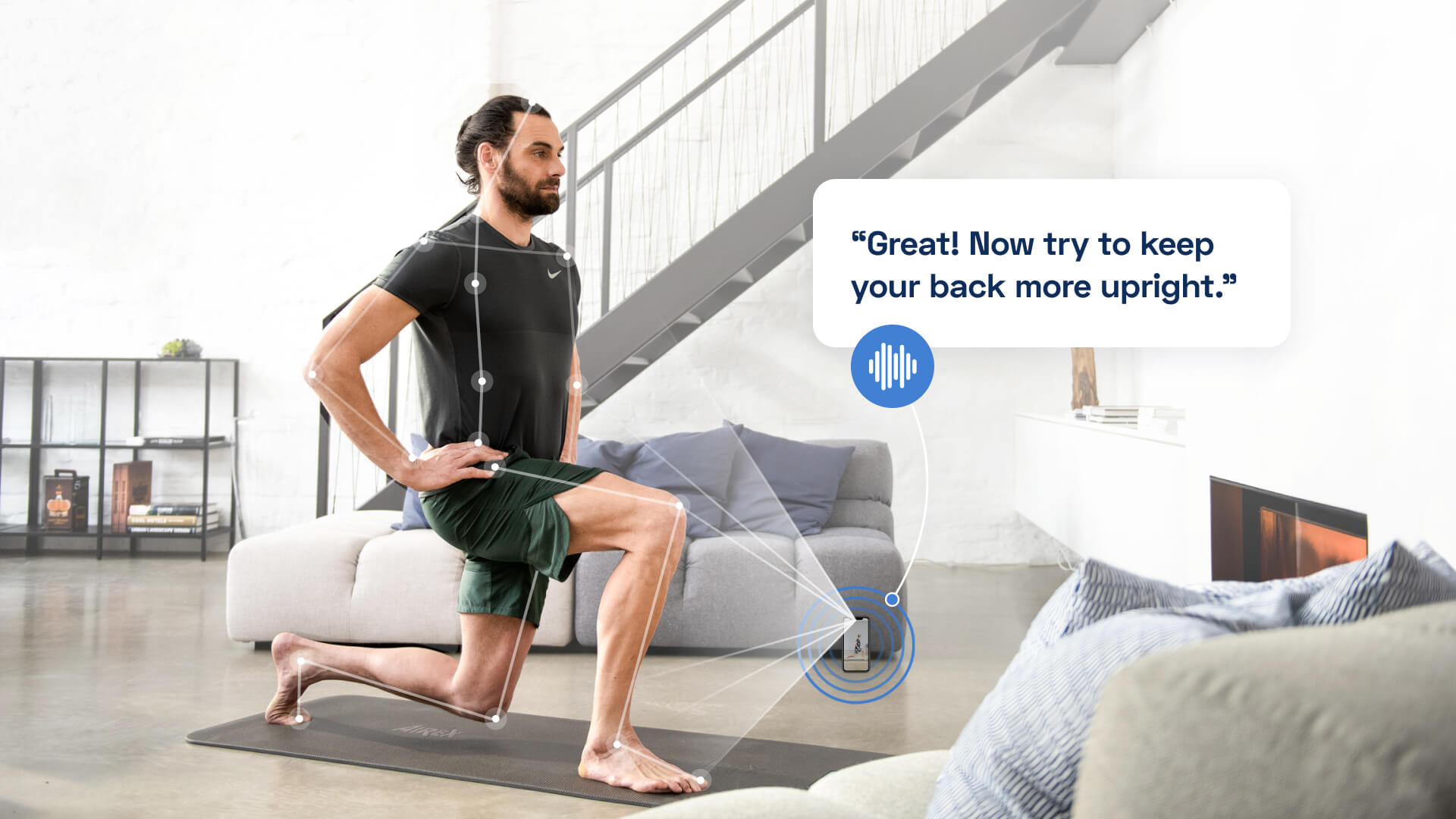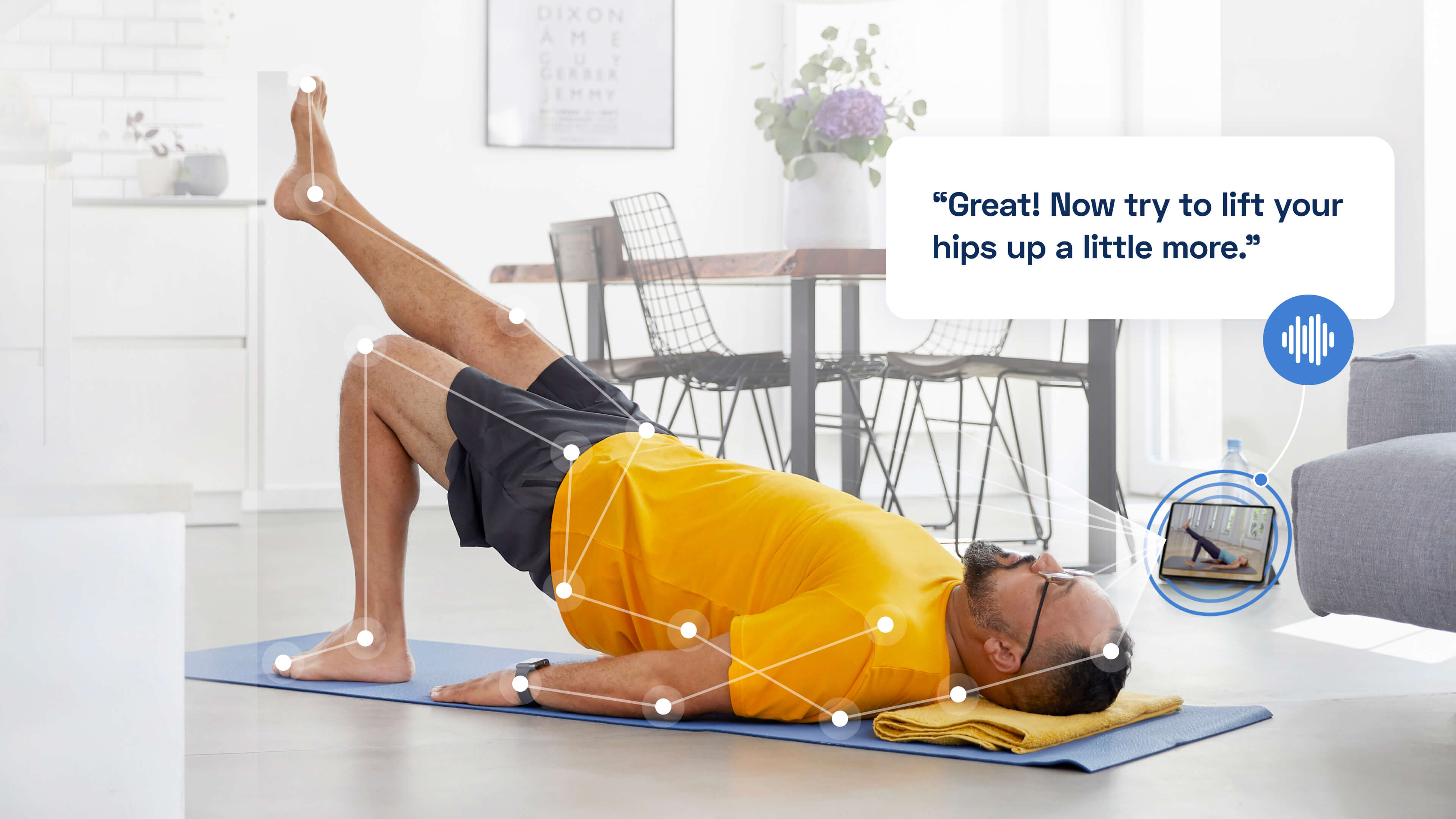
Health Impacts of COVID-19 Quarantine
Kaia Health survey reveals more musculoskeletal (MSK) back pain problems along with increased depression and anxiety, as the nation and the world prepare for a return to work.
3 min read
Further Reading
-
 Our plan to build out our digital therapy platform for chronic diseases.4 min read
Our plan to build out our digital therapy platform for chronic diseases.4 min read -

Revolutionizing Chronic Pain Therapy Through Digital Coaching
The simple, scalable, “therapist in your pocket” approach to cost-effectively managing musculoskeletal (MSK) pain.2 min read -

Six Steps to Prep Your Employees for Return to Work
As the COVID-19 crisis subsides, the world is moving away from uncertainty and toward action, optimism and re-opening.4 min read

